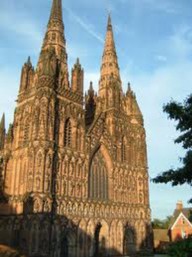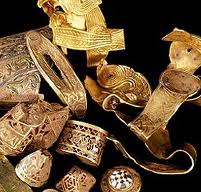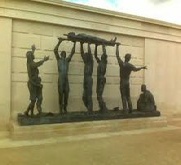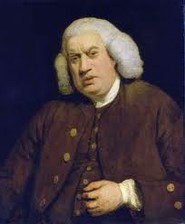


Copyright © DoveSoft Computing 2016, All Rights Reserved


 Contact
Contact
DoveSoft Computing are fortunate to be based near Lichfield in the United Kingdom. Lichfield is Staffordshire's premier heritage city centred in the heart of the country's most creative county, just north of Birmingham.
Lots of things to do and see - from the serenity of the National Memorial Arboretum to internationally important historical sites such as the Staffordshire Hoard and Lichfield Cathedral - there's something to suit all tastes and budgets. With stunning architecture, both modern and historic, where almost every building has a tale to tell. Take the Lichfield Heritage Trail to discover more about Lichfield's hidden past.
Click on the links on this page to visit just some of Lichfield's many attractions.
 Contact Form
Contact Form




Lichfield Cathedral is one of the oldest sites of Christian worship in Britain and is the burial place of the Anglo-Saxon missionary St. Chad. The Cathedral was severely damaged during the Civil War being under seige three times. Bishop Hacket restored the Cathedral in the 1660s, and Sir George Gilbert Scott, Cathedral Architect from 1855-1878, who was responsible for its successful restoration to Medieval splendour.
The Staffordshire Hoard is the largest hoard of Anglo-Saxon gold and silver metalwork yet found. Discovered in a field near the village of Hammerwich, near Lichfield, in Staffordshire, England on 5 July 2009, it consists of more than 1,500 items that are nearly all martial in character.
The National Memorial Arboretum is the UK’s centre of Remembrance and provides a haven of peace, contemplation and hope for the future. It consists of 150 acres of wooded parkland within the National Forest in Staffordshre, is continually being improved, and receives around 300,000 visitors each year.
The site was developed on reclaimed gravel workings, bordered by the Rivers Trent and Tame.
Dr Johnson, was a British author who made lasting contributions to English literature as a poet, essayist, moralist, literary critic, biographer, editor and lexicographer. Johnson was a devout Anglican and committed Tory, and has been described as "arguably the most distinguished man of letters in English history"








